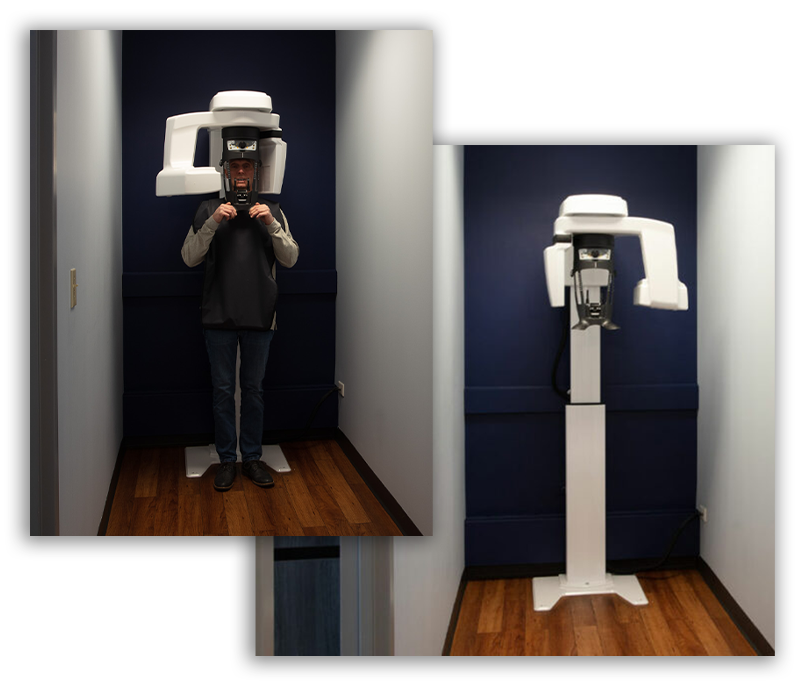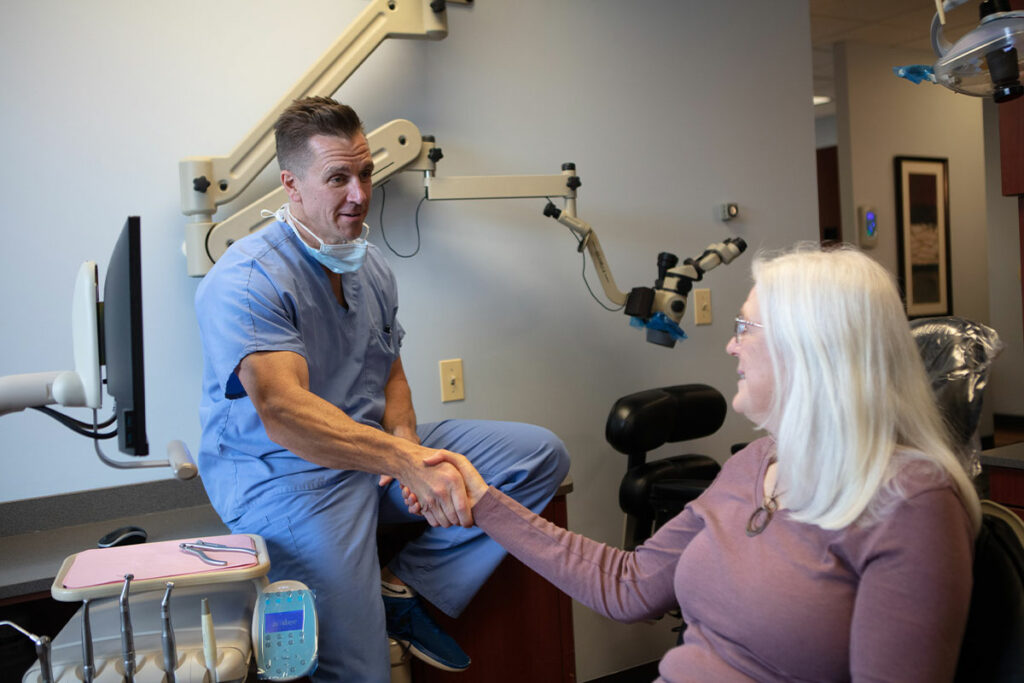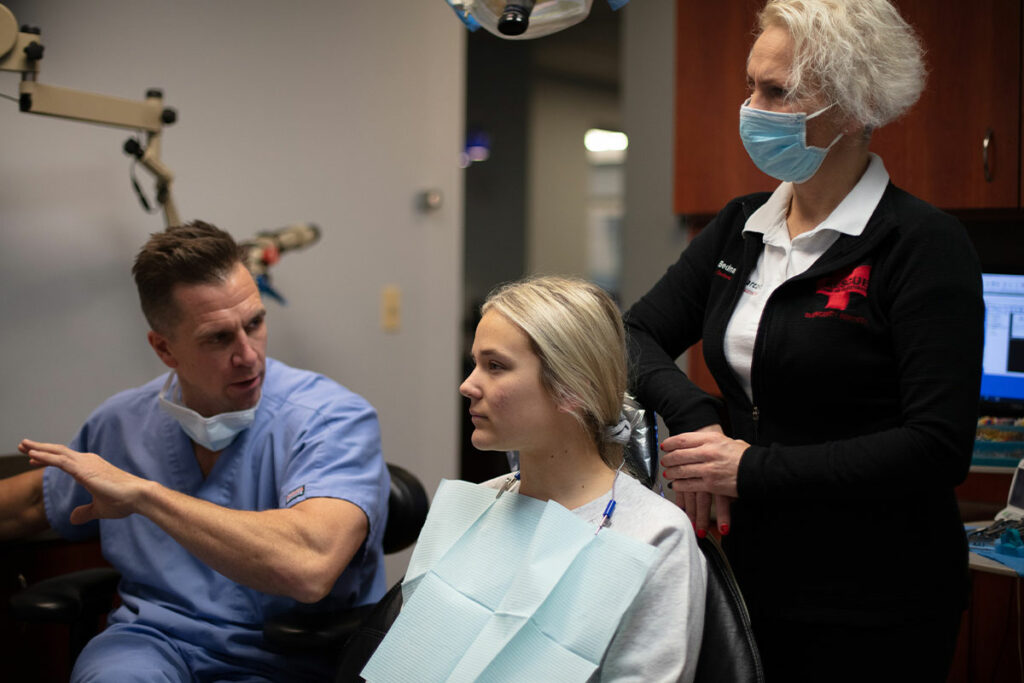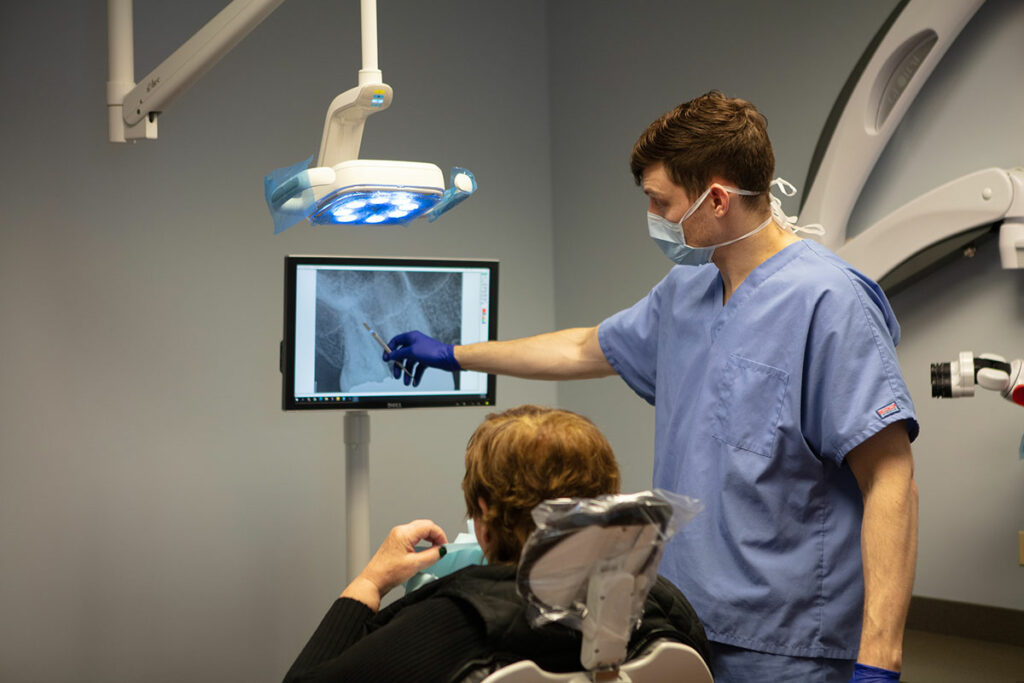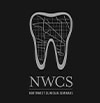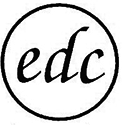Cone Beam CT Diagnostics
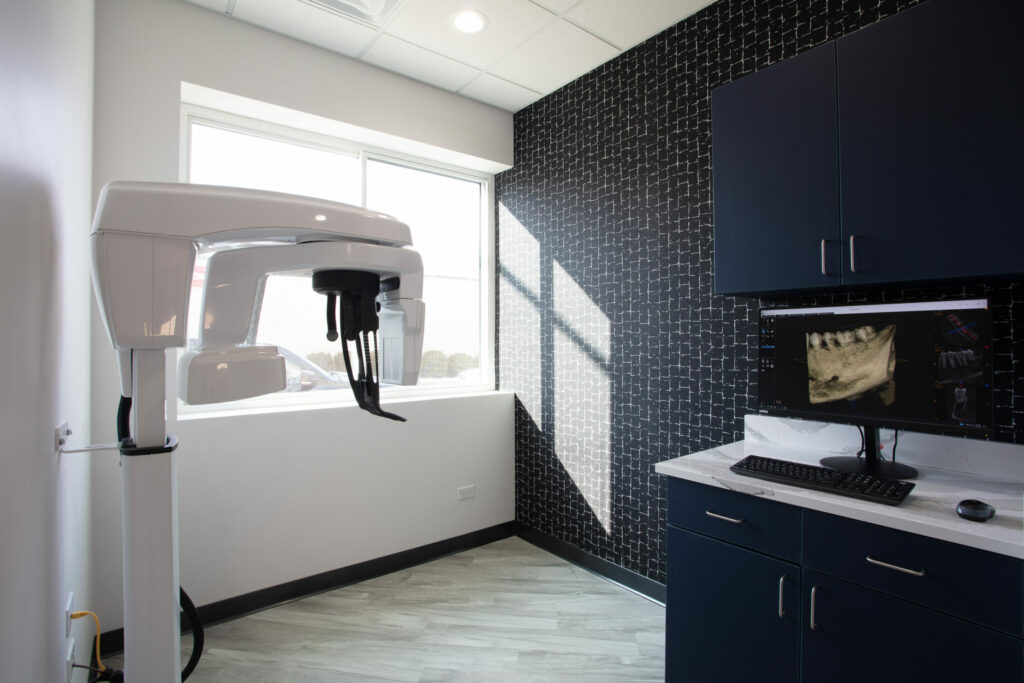
Both of our locations are fully equipped with advanced cone-beam computed tomography (CBCT) scanners. These scanners enable our endodontists to evaluate, diagnose, and treat patients with crystal-clear, three-dimensional images of their maxillofacial structure.
What Is a CBCT Scan?
Cone-beam computed tomography (CBCT) refers to an advanced type of diagnostic imaging system. A CBCT scan provides exceptional images for our endodontists to diagnose problems and develop personalized treatment plans for our patients.
How Does a CBCT Scan Work?
During a scan, the CBCT equipment used by our endodontists rotates around the patient and emits cone-shaped X-rays. All the while, the device captures imaging data.
In under a minute, a CBCT scanner produces about 150 to 200 digital images from several angles around the patient.
Advanced imaging software then compiles the data and individual images. It combines the data to construct a three-dimensional image of the bones and the hard and soft tissues of the patient’s teeth, mouth, jaw, neck, ears, nose, and throat.
The Difference Between a CBCT Scan and Digital Radiographs
You have probably had a set of full-mouth X-rays or panoramic X-rays taken at your regular dental exams. These images are not nearly as detailed as a CBCT scan. They only capture X-ray images of your teeth and the hard, bony structures immediately surrounding them. Additionally, X-rays only show these structures from a single angle and do not display your soft tissues the way a CBCT scan does.
How Do Endodontists Use CBCT Scans?
CBCT scans capture comprehensive images of your maxillofacial anatomy, including the bones, soft tissues, and nerves in impressive detail. These diagnostic images are an integral component in the diagnostic and treatment planning processes.
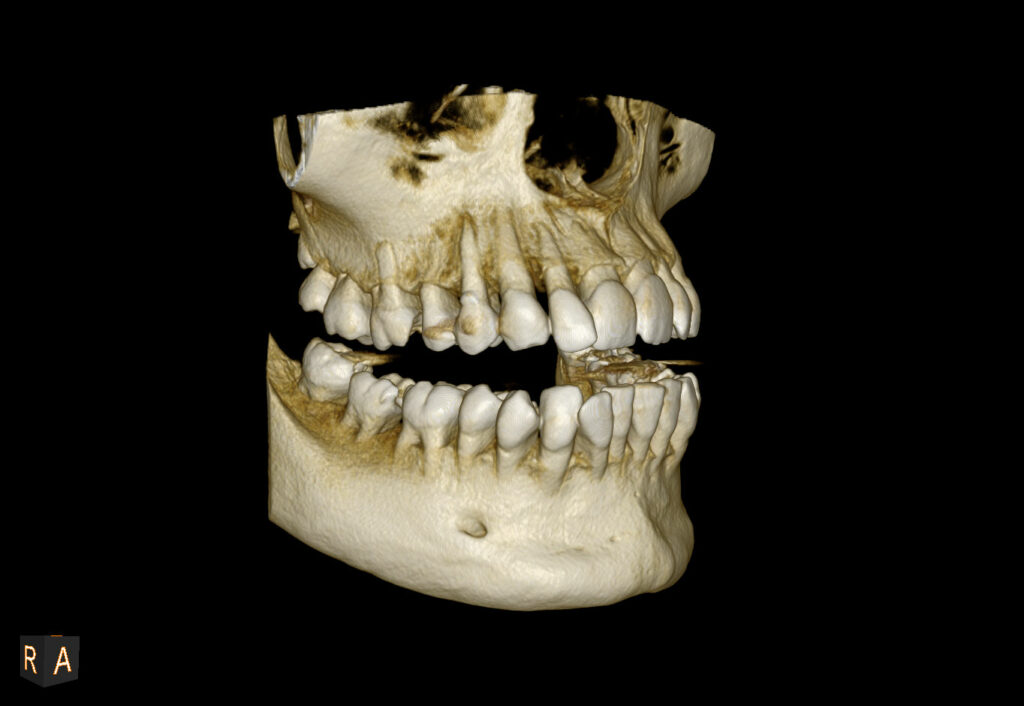
- Evaluating jawbone mass and density before beginning the dental implant process
- Selecting the right size of a dental implant to achieve optimal placement, osseointegration, and a proper bite
- Evaluating dental injuries and cracked teeth before recommending treatment
- Accurately locating and measuring root canals before root canal therapy, endodontic retreatment, or endodontic surgery
- Identifying gum health problems
- Detecting lesions that could indicate the presence of infection or other diseases
- Identifying the origin of pain
- Evaluating your maxillofacial structure, nerve canal, nasal structure, and sinuses before beginning treatments
- Sharing your treatment records, process, and results with your referring dentist
Generally, CBCT scans enable our endodontists to more accurately evaluate your health, diagnose your issue or injury, and provide you with a comprehensive and effective treatment plan before beginning any treatment procedure.
If you have any questions or concerns about how our endodontists plan to use your CBCT scans or the CBCT scanning process, we welcome you to contact our office or talk with us at your upcoming appointment.
3D Oral Imaging With Our Park Ridge and Mount Prospect Endodontics
When digital radiographs do not provide adequate information to effectively evaluate, diagnose, and treat a patient, we use diagnostic imaging with our advanced in-office CBCT scanner to produce three-dimensional images of our patient’s maxillofacial structure.
To learn more about CBCT scans and how they are used to enhance and improve your treatment experience at Northwest Endodontics, we welcome you to contact our office today.

 MEET DR. FITZGERALD
MEET DR. FITZGERALD
 MEET DR. PRZYBYLO
MEET DR. PRZYBYLO
 MEET DR. ATASSI
MEET DR. ATASSI
 PATIENT FORMS
PATIENT FORMS PATIENT PORTAL
PATIENT PORTAL FINANCING AND INSURANCE
FINANCING AND INSURANCE YOUR FIRST VISIT
YOUR FIRST VISIT